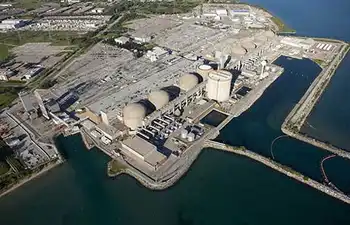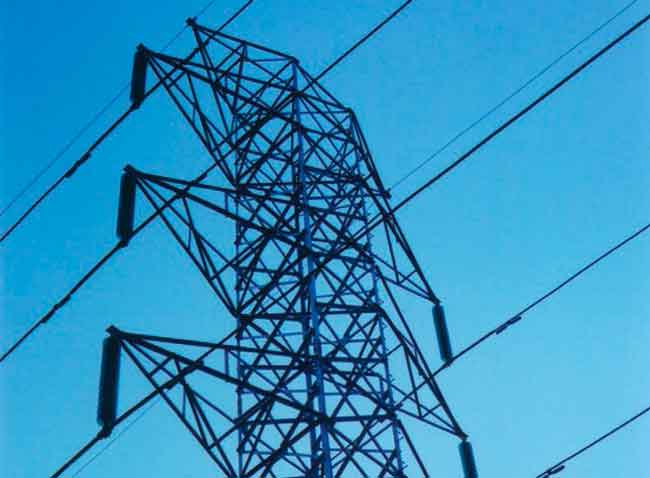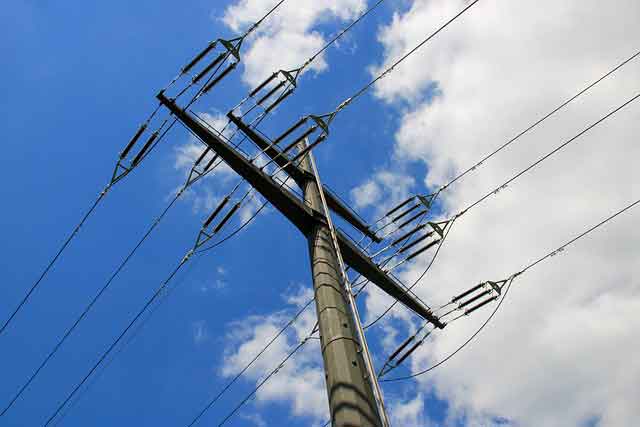Ontario set to boost fuel cell development
By Toronto Star
High Voltage Maintenance Training Online
Our customized live online or in‑person group training can be delivered to your staff at your location.

- Live Online
- 12 hours Instructor-led
- Group Training Available
The program could also help Ontario's automotive, manufacturing and petrochemical sectors stay competitive in the hydrogen economy, should it ever emerge.
Joseph Cordiano, minister of economic development and trade, made the announcement this at Mississauga-based fuel cell developer Hydrogenics Corp.
One industry source said the government's initial investment will be $3 million annually through to 2008 — small compared to federal investments in the area.
The program — building on the Ontario Research Commercialization Program — will complement future and existing initiatives, such as plans for a "Hydrogen Village" in the Greater Toronto Area, and federal funding programs.
"This program also has elements that involve taking a cluster approach with other Great Lake states that already have fuel-cell strategies in place," said an industry source, adding that the idea would be to share information with states such as Michigan.
Hydrogen fuel cells have for years been touted as a future replacement for the internal combustion engine, batteries and diesel generators used for back-up power. As the hydrogen flows through a fuel cell, it becomes part of an electro-chemical reaction that creates electricity, heat and hot water.
Michigan is in the process of building its NextEnergy Center, which is focused on bringing to market next-generation energy technologies, including fuel cells, and offering a tax-free zone aimed at luring businesses from other regions.
Ontario, which like Michigan is heavily dependent on the automotive sector, has been criticized for lacking a similar plan. Earlier this week, the province moved a step in that direction, announcing the creation of a Centre of Excellence for Energy.
"I can tell you every auto sector company has been invited to this event (today)," said Jane Dalziel, a spokesperson with Hydrogenics. "It's safe to say a large part of Ontario's interest is because of the automotive sector."
Many challenges remain.
Fuel cells are expensive to produce and there is no hydrogen-fuelling infrastructure to support, for example, fuel cell vehicles.
And hydrogen, to be truly clean, must be produced from renewable energy sources, such as wind or solar, rather than the same oil and natural gas reserves it is supposed to replace.











